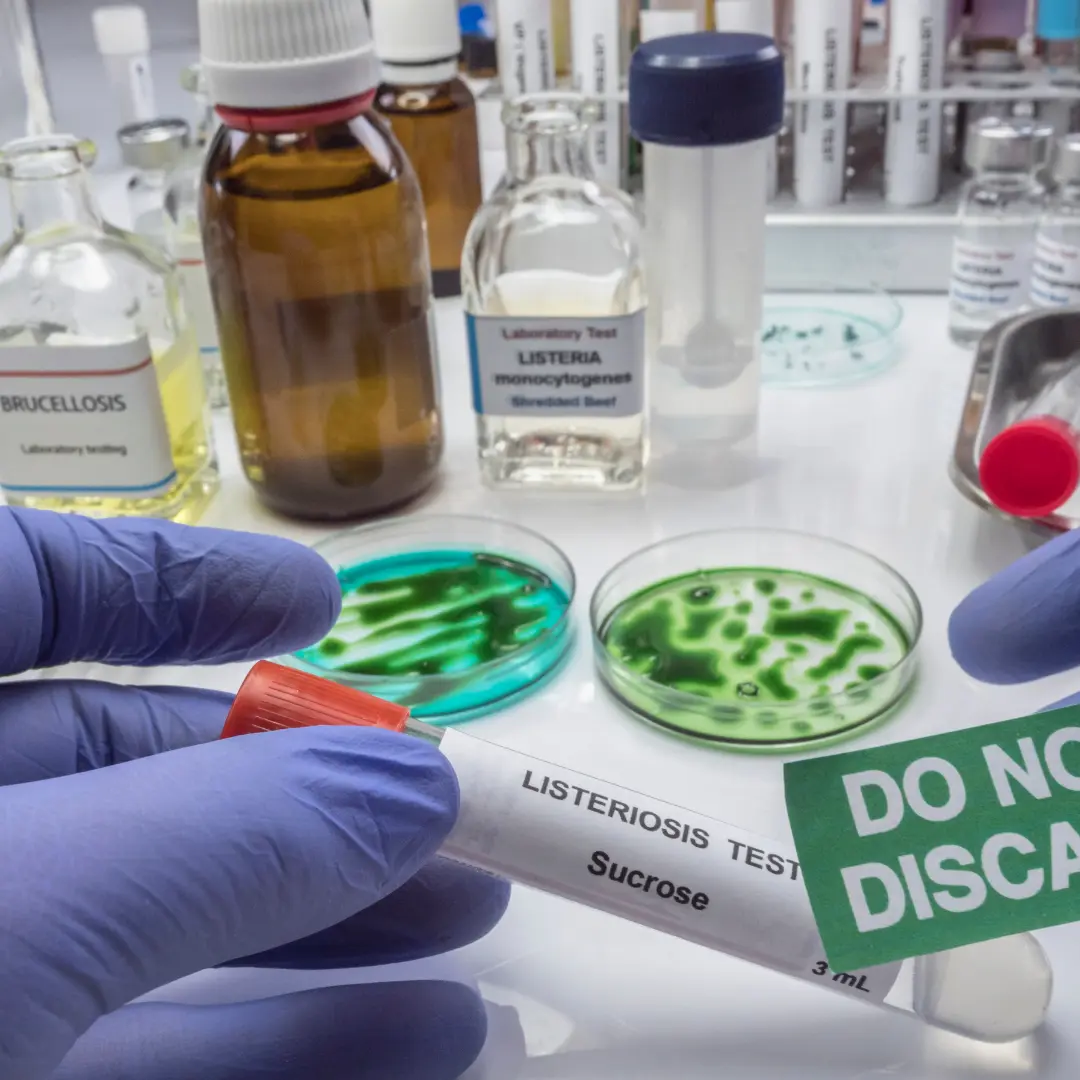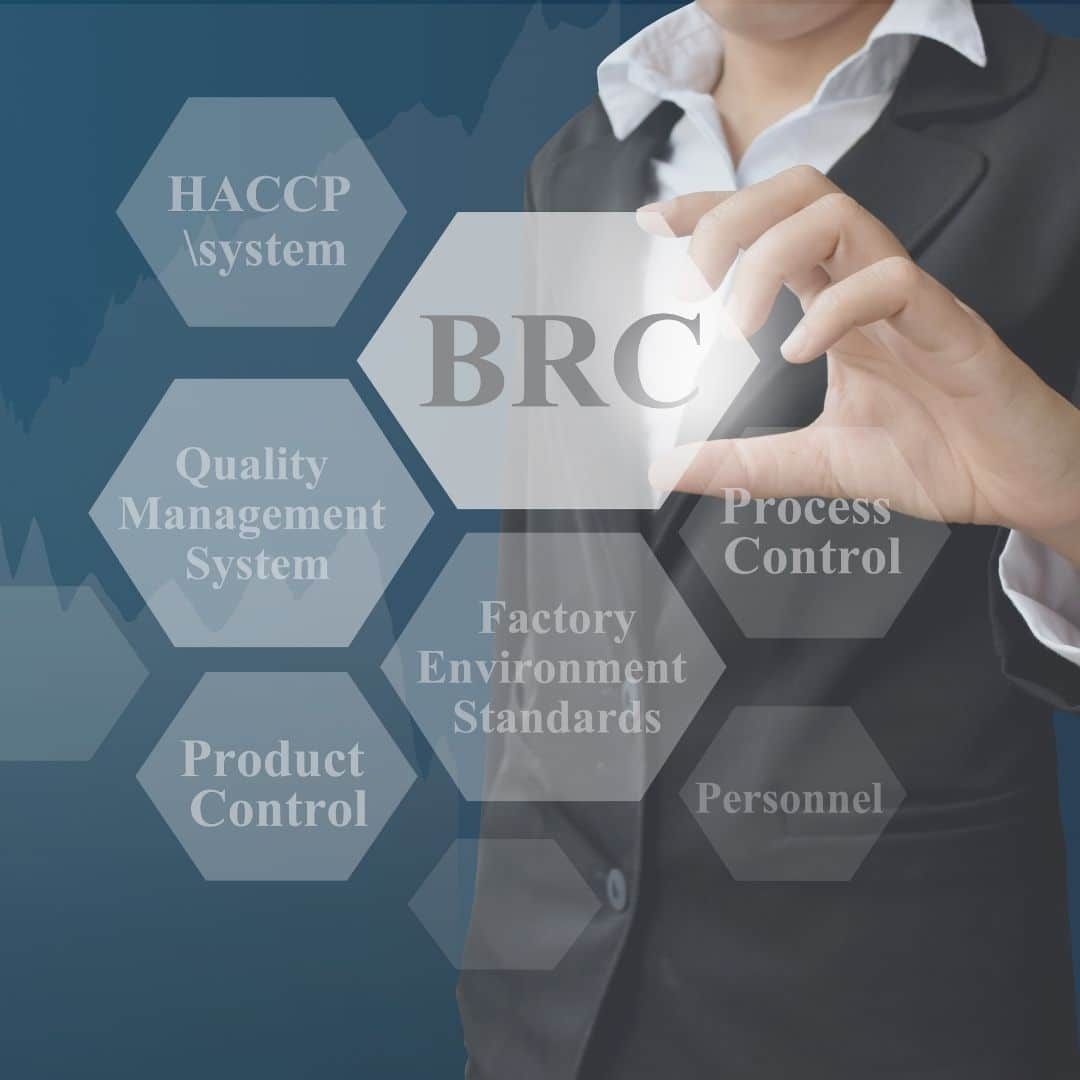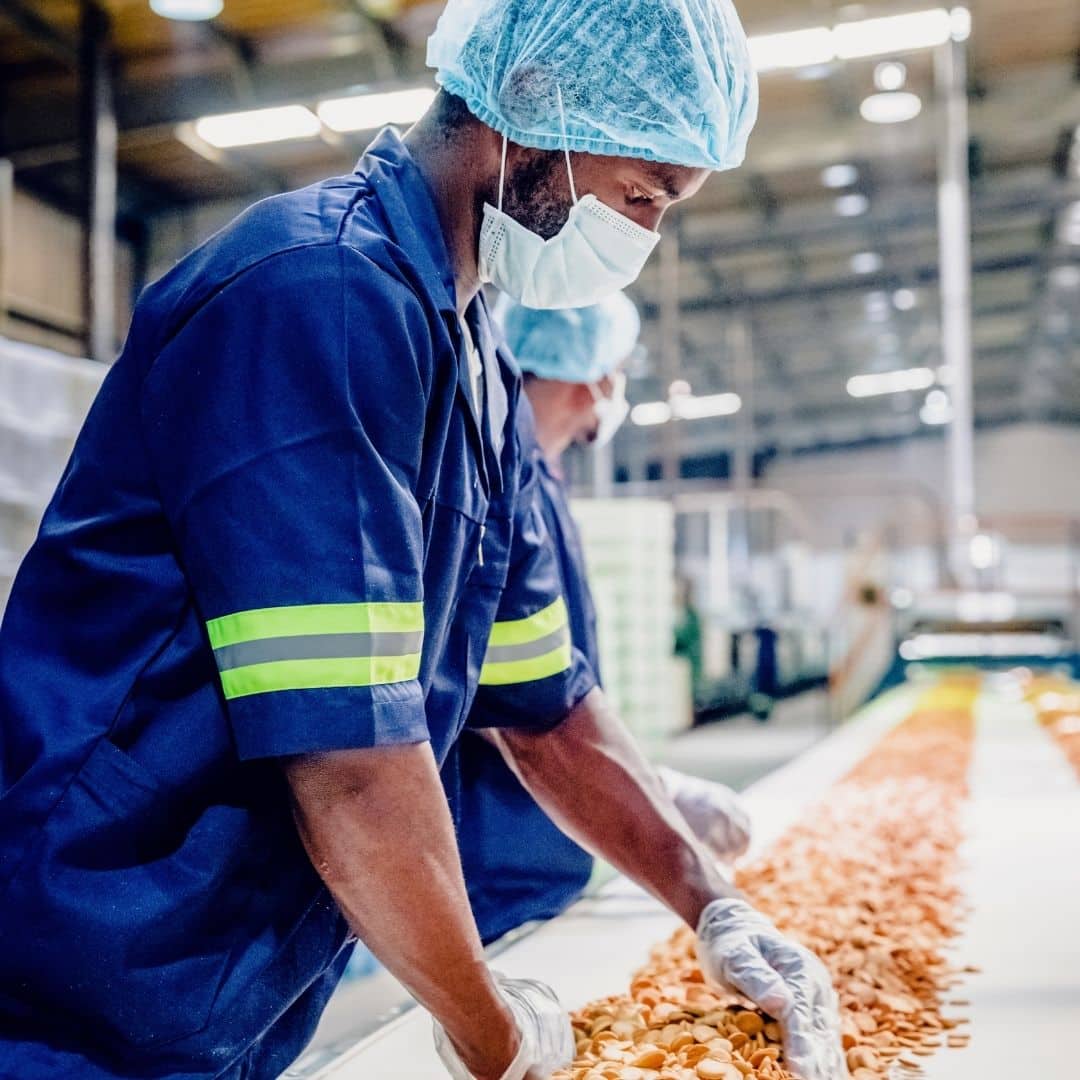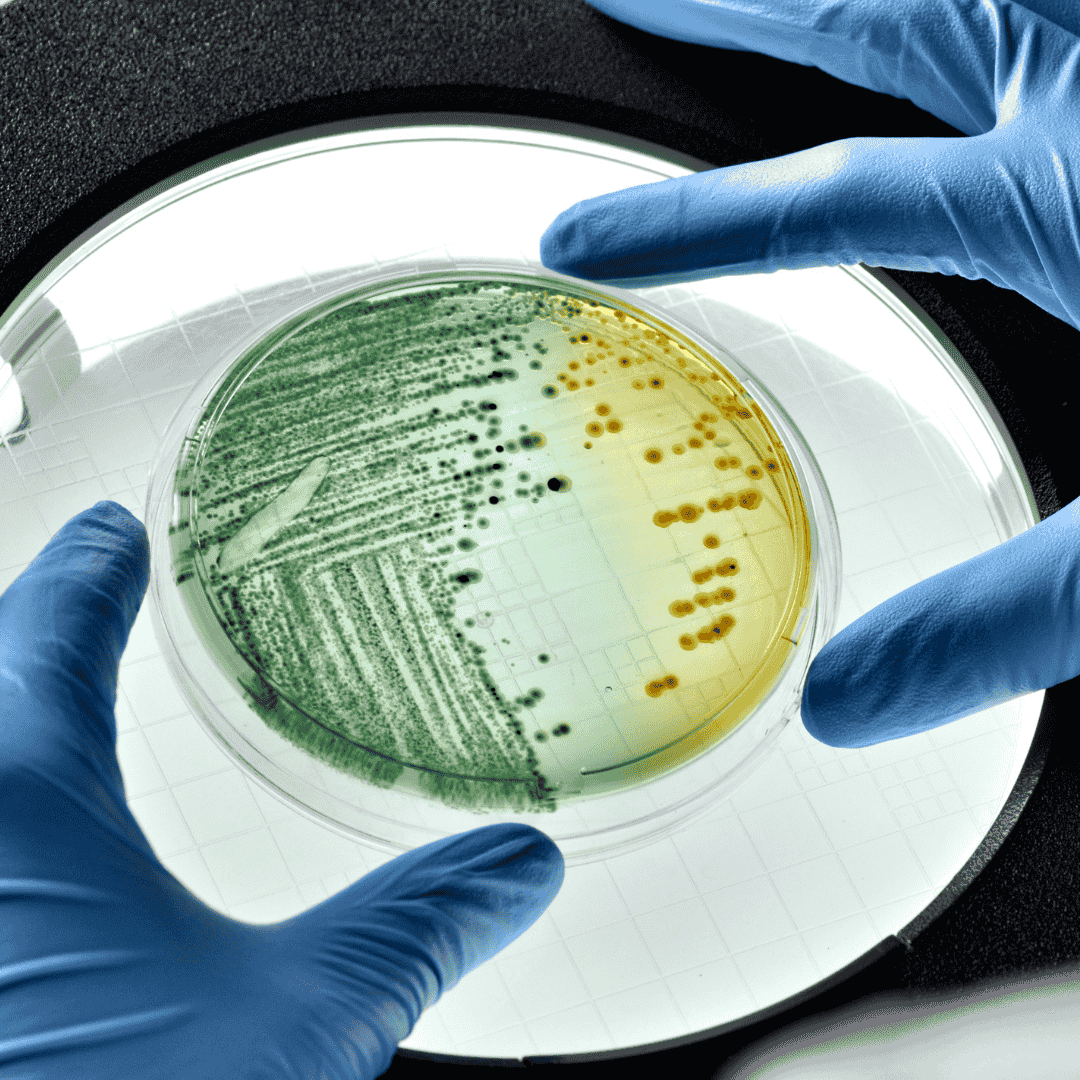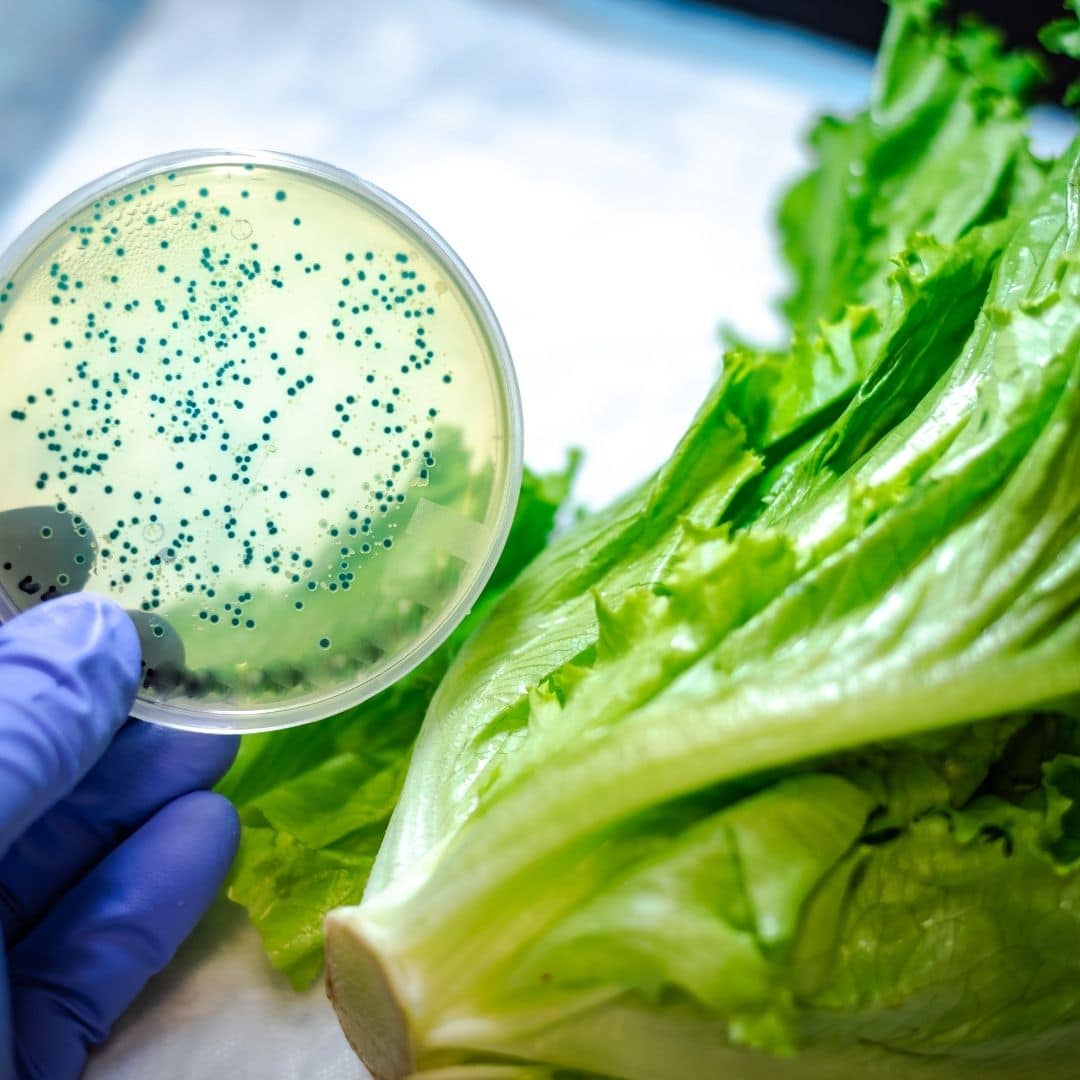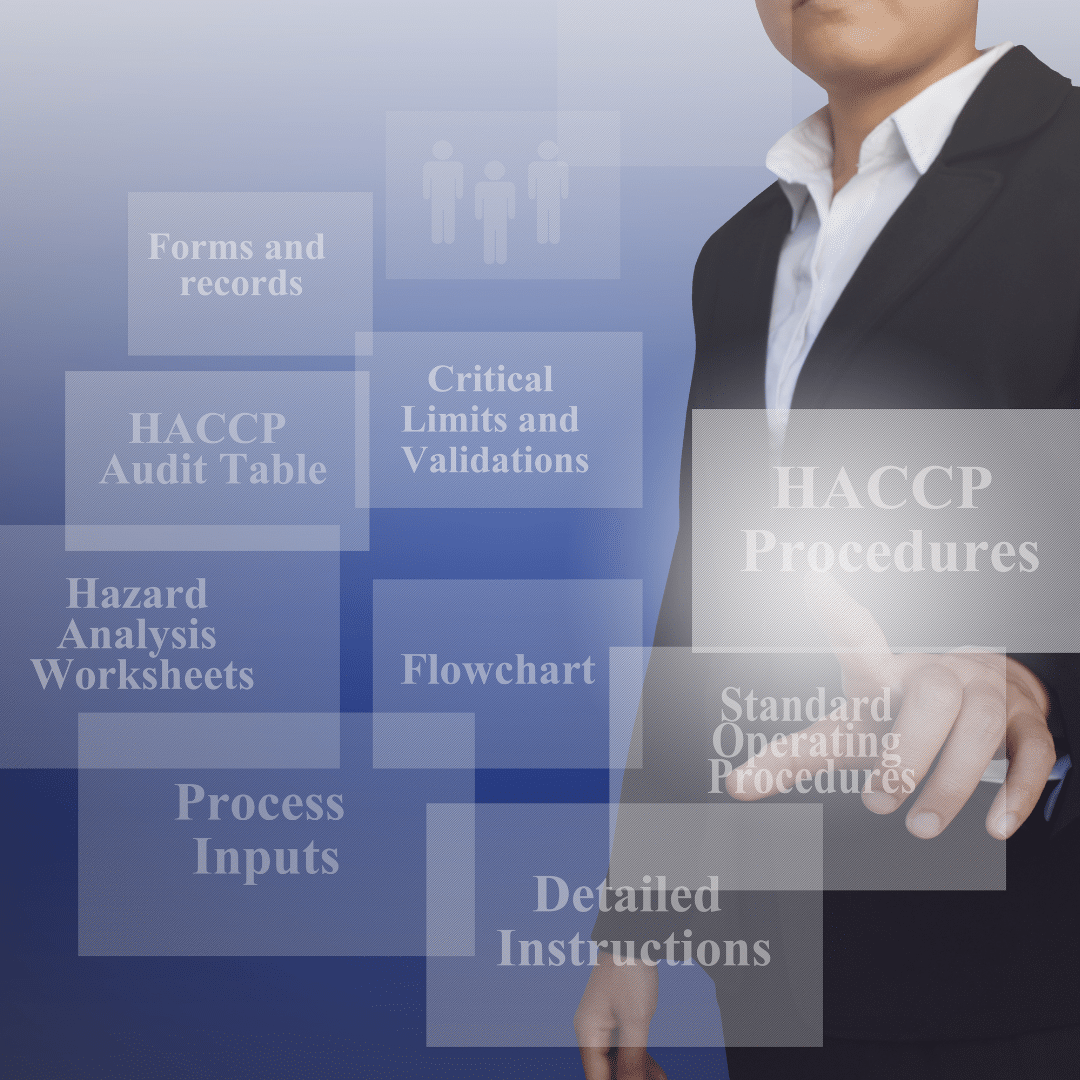In the fast-paced world of the food industry, ensuring food safety and maintaining sanitation standards are paramount. Personal hygiene of food handlers plays a critical role in preventing foodborne illnesses and maintaining the overall quality of food products. Let’s delve into why personal hygiene is essential and how your food safety and sanitation management software can aid in maintaining these standards.
Why Personal Hygiene Matters
Personal hygiene refers to the cleanliness and grooming of individuals, particularly those who handle food. Poor personal hygiene can lead to contamination, which can cause foodborne illnesses. Here are some reasons why personal hygiene is crucial in the food industry:
Preventing Cross-Contamination: Food handlers can transfer harmful bacteria and viruses from their bodies to food. Proper hygiene practices, such as regular hand washing and wearing clean uniforms, reduce the risk of cross-contamination.
Maintaining Food Quality: Consistent personal hygiene helps in preserving the quality and taste of food. Contaminated food not only poses health risks but also affects the reputation of the business.
Compliance with Regulations: Regulatory bodies have stringent guidelines on personal hygiene in the food industry. Adhering to these guidelines is essential for avoiding fines and maintaining operational licenses.
Consumer Trust: Cleanliness and hygiene practices build consumer trust. Customers are more likely to return to a business where they perceive high standards of cleanliness and hygiene.
Key Personal Hygiene Practices in the Food Industry
Ensuring food safety is a multifaceted endeavor, but at its core lies the fundamental principle of personal hygiene. For food handlers, maintaining impeccable personal hygiene is not just about compliance with regulations—it’s about safeguarding the health of consumers and the reputation of the business. Let’s explore the key personal hygiene practices in detail that every food handler should adhere to in the food industry.
1. Hand Washing
Frequency and Timing:
- Before: Beginning work, handling food, especially ready-to-eat items.
- After: Using the restroom, handling raw food, touching garbage, sneezing, coughing, blowing the nose, handling money, and any other activity that could lead to contamination.
Technique:
- Use warm water and soap, scrubbing all parts of the hands and wrists for at least 20 seconds.
- Pay special attention to the areas between fingers, under nails, and the back of the hands.
- Rinse thoroughly and dry with a single-use paper towel or a hand dryer. Avoid using cloth towels.

2. Personal Cleanliness
Bathing and Grooming:
- Food handlers should shower or bathe daily to remove bacteria and other contaminants.
- Hair should be clean and neatly tied back or covered with a hairnet or cap to prevent hair from falling into food.
Uniform and Clothing:
- Wear clean uniforms or aprons daily. Clothing should be light-colored to easily show any dirt or stains.
- Change uniforms if they become soiled during the day.
- Avoid wearing jewelry, especially rings and bracelets, as they can harbor bacteria and may fall into food.
Nail Care:
- Keep nails short, clean, and free from nail polish or artificial nails, which can harbor bacteria and contaminants.
- Regularly check nails for cleanliness and health.
3. Health Monitoring
Symptom Awareness:
- Food handlers should be aware of and report symptoms such as vomiting, diarrhea, fever, sore throat, and skin infections.
- Avoid working with food if experiencing any symptoms of illness, particularly gastrointestinal issues, to prevent the spread of pathogens.
Medical Examinations:
- Periodic health checks can help in early detection of illnesses that could pose a risk to food safety.
- Implement a system for monitoring and recording health status and illnesses among staff.
4. Proper Use of Gloves
When to Wear Gloves:
- Use gloves when handling ready-to-eat foods to prevent direct hand contact.
- Gloves should be used when covering wounds or bandages on the hands.
Glove Hygiene:
- Wash hands before putting on gloves and after removing them.
- Change gloves frequently, especially if they become torn, after handling raw food, after taking out the garbage, and after touching any potentially contaminated surfaces.
5. Additional Hygiene Practices
Avoiding Touching the Face:
- Food handlers should avoid touching their face, hair, or any part of their body while handling food.
Proper Sneezing/Coughing Etiquette:
- Use a tissue or elbow to cover the mouth and nose when sneezing or coughing, followed by immediate hand washing.
No Eating, Drinking, or Smoking:
- Prohibit eating, drinking, chewing gum, or smoking in food preparation areas to avoid contamination.
Use of Sanitizers:
- Alcohol-based hand sanitizers can be used in addition to hand washing, especially when soap and water are not readily available, but they should not replace hand washing.
Implementation and Training
Training Programs:
- Regular training sessions on personal hygiene practices should be conducted for all food handlers.
- Use visual aids and hands-on demonstrations to reinforce the importance and proper techniques of hygiene practices.
Monitoring and Feedback:
- Supervisors should routinely monitor hygiene practices and provide immediate feedback and correction when necessary.
- Implement a buddy system where employees can remind each other about hygiene practices.
Incentives and Recognition:
- Create a culture of hygiene by recognizing and rewarding staff who consistently demonstrate good hygiene practices.
Maintaining high standards of personal hygiene is crucial in the food industry to ensure the safety and quality of food products. By adhering to detailed hygiene practices, food handlers can significantly reduce the risk of contamination and foodborne illnesses. Comprehensive training, monitoring, and a supportive workplace culture further ensure that these practices are consistently followed, safeguarding public health and enhancing the reputation of the business.
Investing in personal hygiene is an investment in your brand’s trustworthiness and longevity, making it a cornerstone of successful food industry operations.
How Food Safety and Sanitation Management Software Helps
Implementing and maintaining high standards of personal hygiene can be challenging without the right tools. This is where your food safety and sanitation management software comes into play. Here’s how it can help:
- Training Modules: The software can provide comprehensive training modules on personal hygiene practices, ensuring that all staff are well-informed and up-to-date with the latest guidelines.
- Checklists and Reminders: Automated checklists and reminders can help ensure that hygiene practices are consistently followed. This includes reminders for regular hand washing, glove changes, and uniform checks.
- Health Monitoring and Reporting: The software can facilitate health monitoring by allowing staff to report symptoms and track illness trends, ensuring that potentially sick individuals do not handle food.
- Compliance Tracking: It can keep track of hygiene-related compliance, providing reports and insights that help in maintaining standards and preparing for inspections.
Personal hygiene is a cornerstone of food safety in the food industry. By ensuring that all food handlers follow stringent hygiene practices, businesses can prevent contamination, maintain food quality, and comply with regulatory standards. Your food safety and sanitation management software is an invaluable tool in achieving these goals, providing the necessary support to uphold the highest standards of hygiene and safety.
Investing in good personal hygiene practices and the right management software is an investment in the health and satisfaction of your customers, the reputation of your business, and the overall success of your operations.
Did you get enough information about “The Importance of Personal Hygiene in the Food Industry“
Qualiqo is here to help you. It answers your questions about sanitation and hygiene, Lab. & EMP, IPM and Pest Control. We also provide information about the main features and benefits of the software. We help you access the Qualiqo demo and even get a free trial.
Frequently Asked Questions (FAQ)
It’s recommended that food handlers avoid wearing jewelry, especially rings and bracelets, as they can harbor bacteria and may fall into food, leading to contamination.
Food handlers should report any symptoms of illness, especially gastrointestinal issues, and avoid handling food to prevent the spread of pathogens. They should follow company policies for sick leave and health monitoring.
Health monitoring helps in the early detection of illnesses that could pose a risk to food safety. Regular health checks and symptom reporting ensure that sick individuals do not handle food, thereby preventing the spread of foodborne illnesses.


